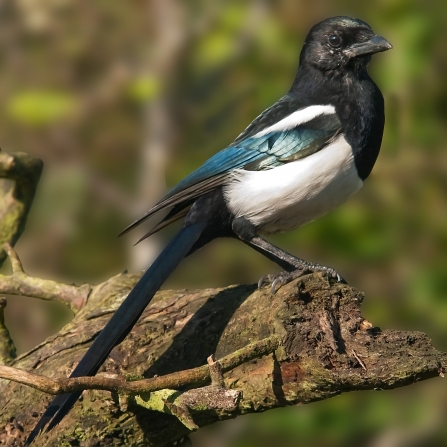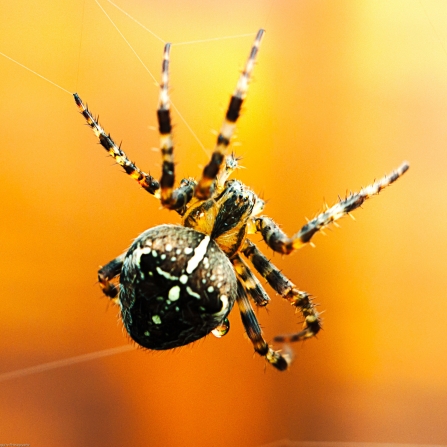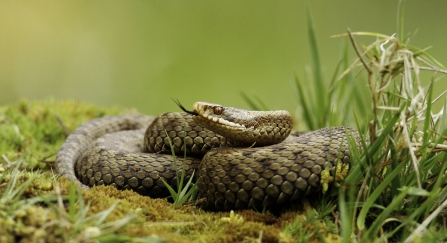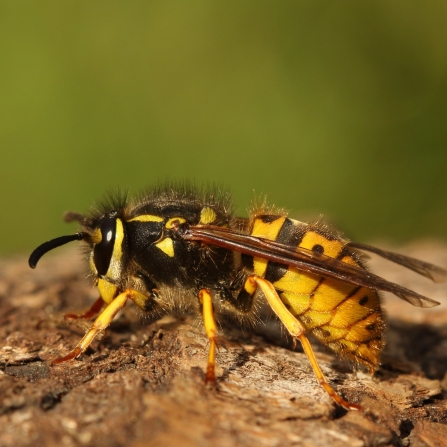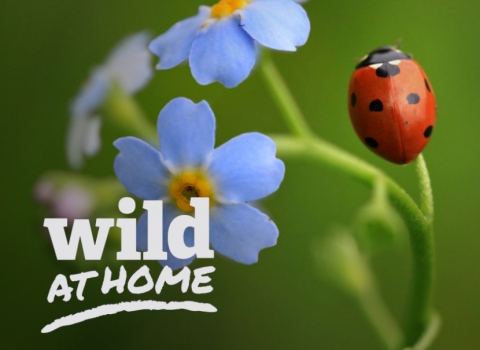Magpie
One for sorrow
two for joy
three for a girl
four for a boy
Five for silver,
Six for gold,
Seven for a secret,
Never to be told...
They don't enjoy the best of reputations and many superstitions revolve around magpies. But how true are these beliefs?
Reputation:
Magpies love shiny objects and are well-known for stealing rings, keychains, necklaces and more. They also feed on the eggs and chicks of smaller songbirds.
Reality:
There is no evidence that magpies are particularly kleptomaniac. This myth is likely based on the French play La Pie Voleuse from the 19th century - in which a servant is sentenced to death for stealing silverware from her master, when the real thief is his pet magpie - and the sheer inquisitiveness of these birds.


